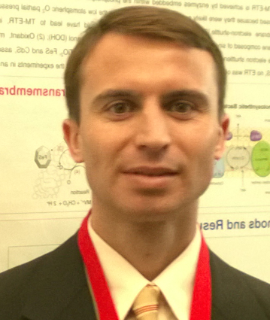Food & Water Borne Diseases
Consumption of contaminated foods or beverages causes foodborne or waterborne infections. Failure to control an identified (or unknown) threat causes foodborne and waterborne diseases. It is an unacceptable contamination in food and water that renders the food or water unfit for human consumption. "Food poisoning," which includes vomiting and diarrhoea, is a common symptom of food - borne illnesses. Depending on the microbes involved, waterborne infections can cause food poisoning or pneumonia. Untreated water or water contaminated with human or animal sewage are apparent sources of foodborne and waterborne infections. Foodborne infections are caused by contaminated foods at any point during the food preparation process. Before they reach the grocery store, certain meats are contaminated with E. coli bacteria; other items may be contaminated with Salmonella or the bacteria that causes cholera.
- Control Measures
- Epidemiology
- Food and Waterborne Parasitic Diseases and Lifestyle
- Prevalence
- Risk Assessment and Mitigation
- Test Methodologies for Parasites
- Transmission

AC Matin
Stanford University, United States
Muhammad Morshed
University of British Columbia, Canada
Jawad Alzeer
University of Zurich, Switzerland
Vijay Prabha
Panjab University, India
Guillermo Bracamonte
National University of Cordoba (UNC), Argentina
Adriano Alberti
Universidade do Sul de Santa Catarina, Brazil


Title : Managing bacterial eradication in disease and survival for life support systems on earth and space
AC Matin, Stanford University, United States
Title : Buffers and homeostasis: A key to maintaining health
Jawad Alzeer, University of Zurich, Switzerland
Title : An update of Lyme disease with particular reference to low endemic areas in Canada
Muhammad Morshed, University of British Columbia, Canada
Title : Antimicrobial activity of Zinc oxide nano particles against multi drug resistant Escherichia coli clinical isolates
Noha Tharwat Abou El Khier, Mansoura University, Egypt
Title : Microbial adhesion capacity on orthopedic implants
Bohinc Klemen, Faculty of Health Sciences, University of Ljubljana, Slovenia
Title : Evaluation of the anti-diabetic potential of probiotic lactobacillus fermentum (pri 29) isolated from cameroonian fermented cow milk in alloxan induced diabetes type-1 mice model
Tanyi Pride Bobga, University of Buea, Cameroon